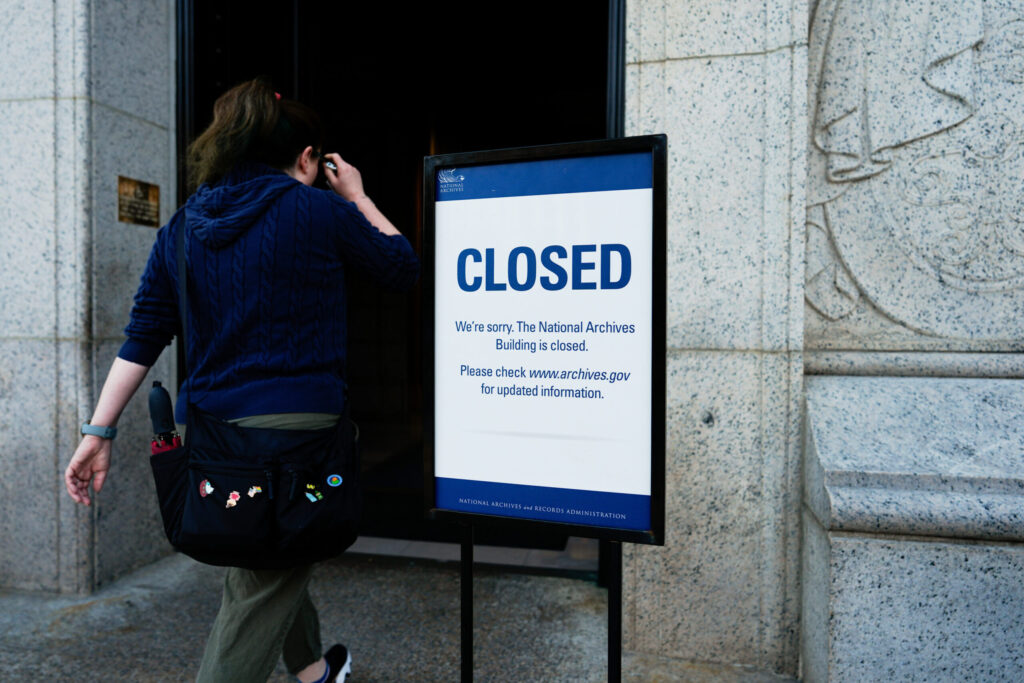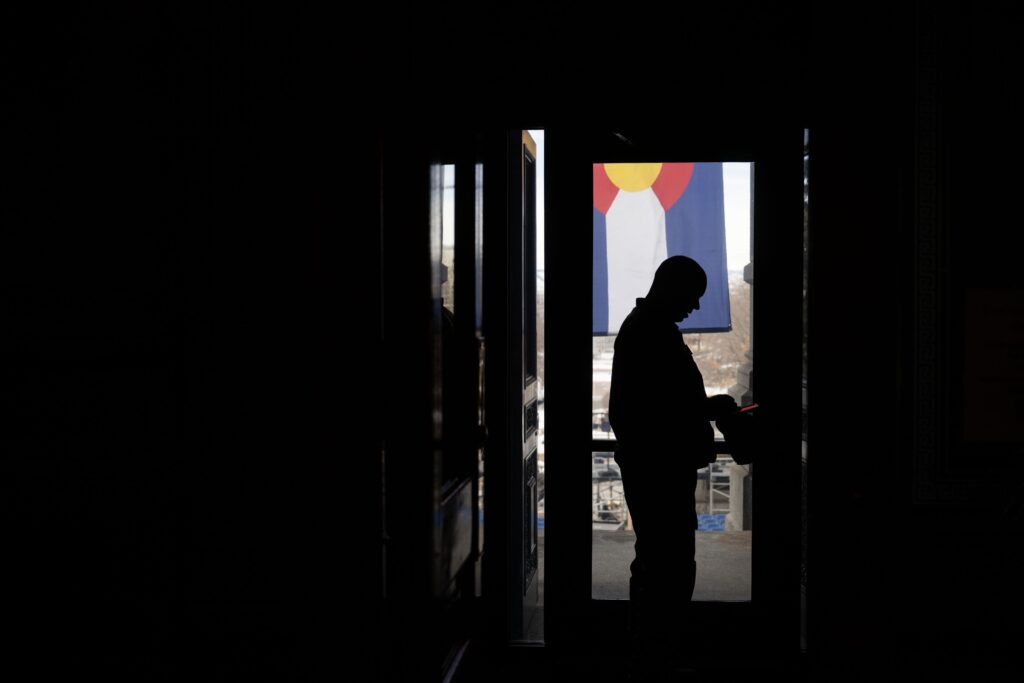State Board of Ed. members talk ‘dysfunction,’ passion in wake of exodus
For the Colorado Board of Education, one member’s zeal is another’s dysfunction.
One week after board Chairwoman Marcia Neal blasted the board’s “destructive behavior” in a strongly-worded resignation letter, board members say they are trying to move forward to do good work for the state’s children.
But can they really?“I’m not a doomsday type,” said board member Jane Goff, an Arvada Democrat. “I believe that pendulums swing and I always have hope and belief that it will come back to a sense where we take a few breaths here and talk about what’s going on.”
In a June 10 resignation letter, Neal, a Grand Junction Republican, lambasted the board as a “dysfunctional” unit that constantly squabbles, usually doesn’t get anything done and overreaches on the things it does accomplish.
Neal, who is in her 80s, also cited health issues as a factor in her decision to leave the board. She suffered a bad fall last year and has since been seeing a physical therapist.
Asked by The Colorado Statesman this week whether she’s also seeing a psychological therapist for her dealings with the board, Neal laughed and said, “I could have one of each, but unfortunately I only have the physical one.”
Neal isn’t taking back anything she wrote in her letter, which took some board members to task for what she feels is a negative change of tone since two newly elected members took office in January. She believes the new board’s efforts to shake up the system is causing disharmony.
“There are certain ways the board works and if you want to change it, you can do it, but you don’t do it by blowing it up,” she said.
The new members who were sworn in this year are Val Flores, a Denver Democrat, and Steve Durham, a Colorado Springs Republican. (The board’s seven members are elected to represent each of the state’s congressional districts.)
But Neal singles out Durham as a big part of the problem.
“There is one particular person, a new man on the job, who just issues directives and orders,” she wrote.
Durham, with tongue firmly planted in cheek, said he couldn’t believe Neal was referring to him.
“I’m a nice guy,” Durham quipped with a chuckle. “I have no idea why a board member would have anything bad to say about me.”
But seriously, folks.
“Everyone is entitled to their own opinion,” he said. “I generally don’t let that bother me.”
A board of ‘dysfunction’
According the Neal, the board’s “dysfunction” started right out of the gate this year, when it voted to grant school districts waivers from some state standardized tests. Neal said the vote, which came “almost immediately” after new board members were sworn in, “came out of nowhere.”
The attorney general’s office determined the board had no authority to take the action.
“Even then, the following month, they refused to rescind it,” Neal said.
Neal also said the board wasted time by spending hours debating whether to require parental consent for children to participate in a student health survey, which again led to the attorney general weighing in against the board’s decision.
Then there’s the board’s half-measured action on developing a scoring system for high school science and social studies tests that were taken last year. Board members set student performance measurements for science, but not for social studies.
And the board decided to let high school seniors know how they fared on science tests but would not allow education officials to compile student performance data to compare results from schools and districts.
Neal believes the board’s problem-solving issues stem from a personality clash among members who don’t know how to communicate with one another. Neal, who has served on the board since 2008, said past board members have been able to talk about their disagreements with some civility – but not this board.
“We had real intense discussions, but we could always do that and be polite and respect one another,” she said. “I feel like the respect with the new board isn’t there.”
Durham takes issue with Neal’s assessment of the board. He maintains he is doing what frustrated constituents are asking of him — working to change the way the state deals with education policy.
“It’s not at all dysfunctional,” he said. “For the first time in some time the board members are responding to constituencies that have different objectives and different values. And those constituencies have been moved to significant action by changes in education policy that have (adversely impacted students, teachers and parents).”
Education policy, especially concerning student testing and data privacy issues, has become the subject of fierce debate across Colorado and the nation.
This year, the Legislature, after hearing pleas from frustrated parents who feel their children are being tested too much, moved in a bipartisan manner to scale back some assessments.
The passion that drives that debate is the same emotion that might be contributing to the sometimes-harsh tenor accompanying many education policy discussions.
“For decades, literally decades, the state board has never been on the radar, and it’s always been considered a low-profile position,” Goff said. “This year, in light of what’s going on in the broader world of politics and social interests and education, we’re on the same radar screen with a lot of heavy issues. There’s a lot of questioning with what’s happening.”
Like Neal, Goff is also concerned about an “exodus” taking place among Department of Education leadership. It isn’t just Neal who is set to leave, but also education commissioner Robert Hammond, who is retiring at the end of the month.
Hammond’s deputy and associate commissioner are also leaving.
Durham said those leaving the department understand the “backlash” that education policy makers are receiving from parents frustrated by burdensome national and local testing systems.
“It shouldn’t reflect on ability; they’re very able people,” he said of officials leaving the department and board. “But if policy is going in the other direction, they may not be comfortable with that.”
Janelle Asmus, the department’s chief communications officer, is also leaving the department for another job opportunity. She insists that, in spite of the losses, the department will maintain “a deep bench of very great leaders.”
Asmus handled questions about any dysfunction on the board with diplomacy.
“We have seven board members who have their own unique viewpoints and perspectives,” she said. “It’s part of the democratic process to come together and share those viewpoints.”
Asms said she doesn’t think that today’s hot-button education issues are being discussed with any more passion than in previous years or decades.
“I don’t think it’s changed that much in terms of the content and passion,” she said. “Perhaps some of the tactics have changed in the ways society communicates with one another.
“We’re dealing with people’s most precious resource — their children. They are going to be passionate around education and, for that, we’re thankful.”
—Twitter: @VicVela1













